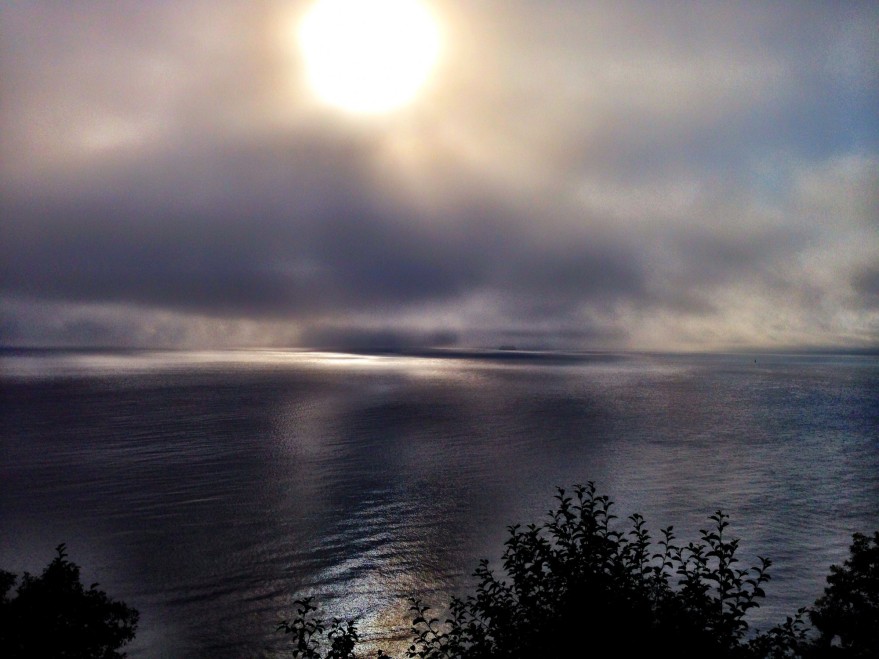... you don't have the time (or tools) to write. So sayeth Stephen King in his most excellent memoir and writing guide, On Writing (Pocket Books 1999)
I began the summer with such grand writing goals and by the middle of August, I was nearly there: I'd written one of two short stories; completed two flash fiction pieces; created a database of literary agents to query and finished my query letter (or at least revised it 684 times); drafted one-, two-, and four-page novel synopses; I blogged and book reviewed. In between were two revisions of my first novel, Refuge of Doves—undertaken after receiving story and copy edits from my editor. I was determined to dance through my writing project list and take a bow on August 31.
Draft 2: Novel 2, begins September 1.
The second short story wasn’t going to happen. Writing the first story, and then trimming it from a bloated 8,500 words to a civilized 6,000-something, took weeks. That one story and the two flash were about all I had in me. I accepted I couldn't start fresh on another story in the final two weeks of August—a period that included a lovely visit with out-of-state guests, when I stepped away from writing for more than one day in well over a year—and have something worth sending out for submission by the end of summer.
Saturday afternoon, after our guests had gone, and I’d emptied the dishwasher and brought up the last load of laundry, I poured myself a glass of Saumur rouge and opened Francesca Marciano’s short story collection, The Other Language (click for my review).
The next morning I sat down to write. By Tuesday evening, I’d completed the first draft of a 5,100 word short story. Several revisions later, it lives and breathes at 4,800 words. I’ll give it, and myself, a bit of a rest before a final edit and proofread, but it’s solid. Complete.
~
A few weeks ago, I landed in the middle of a discussion with a few writers about routines and patterns, the things we must or cannot do at certain stages of our writing process. I was baffled by the number of writers who stated they read nothing, other than what they might be using for research, while writing new material. Several fiction writers commented they could read no fiction because they feared losing their own writing voice, imitating another writer, or being otherwise influenced by his style. Another commented how she feared comparing her work to other, published authors and losing heart. Still others cited lack of time, energy, interest.
I thought my head might explode.
If I stop reading, it means I've stopped breathing. Reading brought me to writing; from the first eager devouring of Louise Fitzhugh's Harriet the Spy at the age of six, I ached to wrap my hands around a pen, smooth open a spiral-bound notebook, and scribble. Something. Anything. The words. All the astonishing words.
It had never occurred to me that a writer could be anything other than a helplessly voracious reader. I can’t fathom silencing other writers, or emptying my ears and eyes and brain of beautiful language, of precise structure, of rhythmic flow.
But hey. We each have our own processes and systems and conditions by which we work the best. Some need near-silence to hear their own voice. I have never—tap wood—lost my voice in the presence of great writing. Instead, I overflow with inspiration and feel a sense of release and possibility.
My ear for music and language turns me on to a writer’s cadence and I find myself playing along in my own sentences, discovering new ways to structure my thoughts. It’s an invisible collaboration with another writer, a jazz riff played in admiration and homage in a quiet room, or in my case, in the front seat of the car, where I get most of my writing done. No wi-fi, you see. There are other voices I need to silence, to hear my own. But as for reading, it’s what sustains me as a writer. As a human being.
Grazie cara, Francesca Marciano. Your gorgeous stories, your strong and confident voice, restored me. You made me crave to write. The words gushed out. I had one more story in me this summer, after all.


